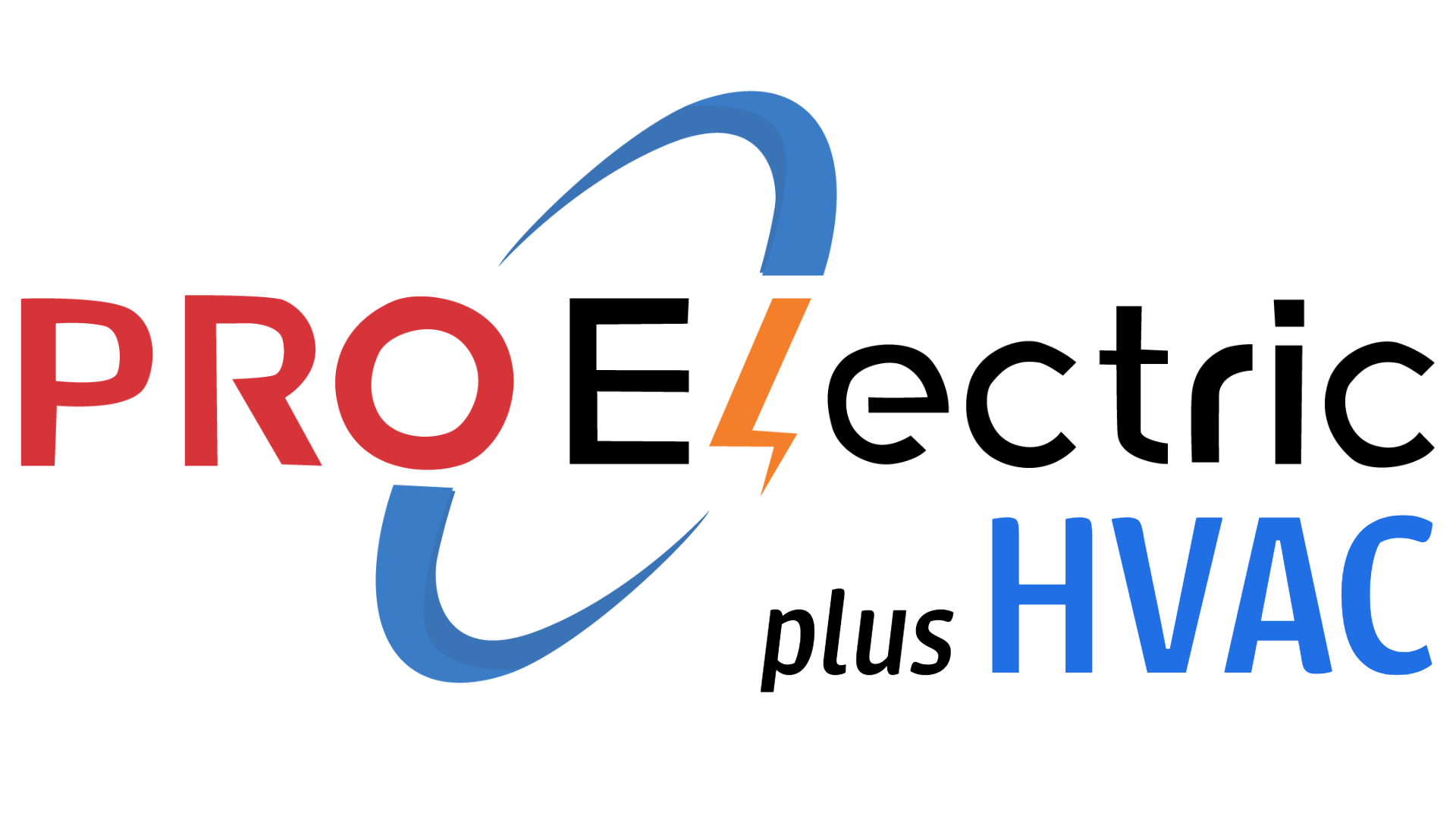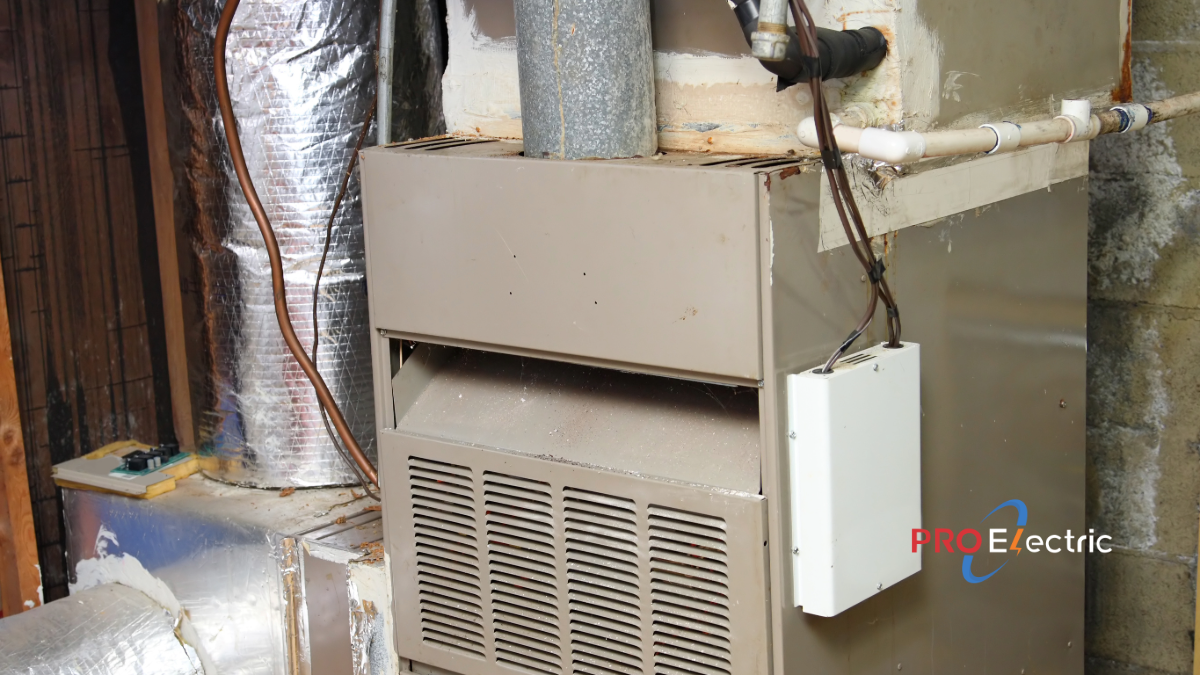These disruptions are bound to generate a feeling of rage in oneself, particularly in lousy weather seasons in Northern Virginia, due to the numerous reasons why the above may happen, from the easiest to the most complex cause: electrical.
However, when your HVAC system turns off, follow these steps to troubleshoot, focusing on blown circuits, transformer failures, and electrical panel issues.
Check the Thermostat
Simple Fix
First, the thermostat must be checked.
It must be in either heating or cooling mode, with the switch and the proper temperature setting appropriate for the condition.
If there are batteries in the thermostat, replace old batteries with new ones.
Inspect the Electrical Panel
Tripped Breakers
Please move to the electric panel and see whether any breakers, mainly those of the HVAC system, have tripped.
Where they have tripped, reset the breaker without any doubts.
If they have tripped repeatedly, this suggests a more severe issue that requires the attention of an expert.
Look for Blown Circuits
Loss of Power
Blown circuits may also block the power flow that the HVAC system needs to power on.
The unit will not run if it is not receiving any potential.
In such instances, people would suspect a blown circuit.
The only logical step is to hire an electrician to come and check out the repairs.
Look for Defective Transformers
Voltage Issues
A defective transformer may prevent the HVAC system from getting the required voltage for operation.
Transformers operate as a switchboard interface between the electrical system and the HVAC unit.
A replacement may be required if the transformer is broken or out of order.
Inspect the HVAC Fuses
Blowing Out of the Fuses
Fuses are found in HVAC units and can be blown out whenever there is a voltage overload or an electrical mistake.
If you think a fuse has blown, try searching the system’s fuse box.
Repairing and replacing the fuse with the blown fuse solves the power problem to the whole system.
Take a Look for Loose or Damaged Wiring
Connections That Are Out of Order
With time, electrical circuits and cables may become loose or worn out, which can cause the HVAC system to break down.
Look for wiring connections that are too loose or worn out and need to be re-done by an electrician.
Assess the Condenser Unit
Outdoor Attention Related to Power Supply
Cooling or heating any place indoors utilizes the external condenser unit, which requires power and running its fan.
If the unit is not functioning, a blown fuse or another electrical problem preventing it from operating should be looked for.
Observing Electrical Components for Burnt or Scorched Components
Electrical Faults
Scorched or burnt electrical power indicates a more severe situation involving overheating or a circuit fault.
Shut off the HVAC system immediately and contact an electrician.
The system in this state can be used for only a limited time without causing grave electrical damage or lighting a fire.
Open the Capacitor
HVAC Motor Issues
The capacitor is the chief constituent for starting the HVAC motor.
Without it, the system will not come on.
Once you open it, you may have to purchase another capacitor to run the system.
Have an Electrician Look for Problems with Electrical Supply
Electrical Verb
If none of the above solutions worked, try calling a licensed electrician.
Finding such electrical problems in HVAC ventilation was impossible in the past.
Still, these experts can access the electrical circuits and parameters to carry out repairs on HVAC systems.
Hence, one should not lightly take something along the wires or even a burning scent when it comes to electrical work.
Wrap-up
Once you realize that the HVAC system has stopped functioning and you want to turn it back on, the first step is to observe the thermostat and the electrical panel, if there is one.
However, an electrician should be contacted if a more severe case of blown fuses or other signs, including blown circuits, bad transformers, or wiring, are present.
Electrical problems in HVAC systems have the potential to be highly hazardous, so they must be addressed by an expert.



